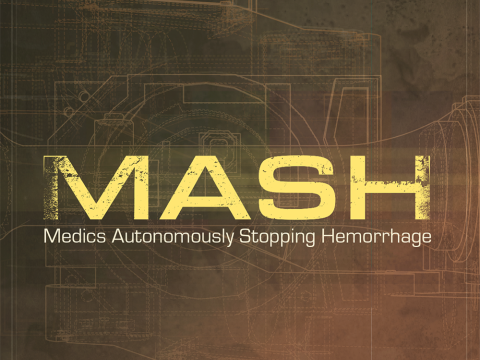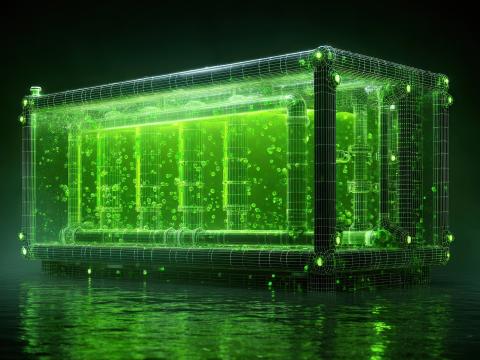Continuing Exercises Help Bridge Defense and Civil Authorities
Ongoing exercises at the national level are the key to improving inter-agency homeland security processes, according to panelists at Tuesday morning's Defense Support of Civil Authorities (DSCA) panel at AFCEA SOLUTIONS. Such exercises contributed to the successful security implementation at the inauguration in January, said Col. Ken McNeill, ARNG, NGB/J-6.
Ongoing exercises at the national level are the key to improving inter-agency homeland security processes, according to panelists at Tuesday morning's Defense Support of Civil Authorities (DSCA) panel at AFCEA SOLUTIONS. Such exercises contributed to the successful security implementation at the inauguration in January, said Col. Ken McNeill, ARNG, NGB/J-6.
Stumbling blocks can occur in technology and policy, but the obstacles tend not to be in technology, the colonel said. "With technology we can create whatever we need. More often [the roadblocks] are in policy and understanding different organizations." He continued to explain another area where roadblocks commonly happen that is often overlooked. "National exercises and the exercises the states do, at local and parish level is the formula for improving a process. As we go through exercises and real-world events, we learn something each time. That's a positive," Col. McNeill said.
Edmon Begoli, Oak Ridge National Laboratory, described some of the scenarios that he had helped plan, and said no matter what we think the obstacles are, every technology should meet two requirements. "The first mission how easy is it get to the informoation, then how secure is it. These two missions should be in front of all the technologists. These are the trends for years to come," Begoli said.
As the panel unfolded, with moderator Bob Melissinos, Vice President, Ezenia, bringing audience perspectives into the conversation, it became clear that identity assurance was another major concern for agencies on the ground. Ensuring that the people who needed the information would be the people accessing the information is one of the biggest challenges of coordinating multilevel cooperative efforts. And as one person posited via the web, how are we going to get to collaboration when we can't agree on authentication?
Collecting requirements is another ongoing issue. As Begoli noted, it's not enough to plan for a natural disaster or a terrorist attack-what if there are two simultaneous natural disasters or terrorist attacks? This kind of scenario planning is an art, Begoli said. "Trying to work with agencies to extract specifications requires an enthusiasm for not sitting and waiting for requirements."
The panelists agreed that cooperation and collaboration between federal defense and civic agencies has come a long way since the days of Hurricane Katrina, but that there remains much to do.
(For an interesting look at the Joint CONUS Communications Support Environment with comments from Col. McNeill, see Henry Kenyon's article in SIGNAL from last July, National Guard Looks to Connect Nationwide.)




Comments